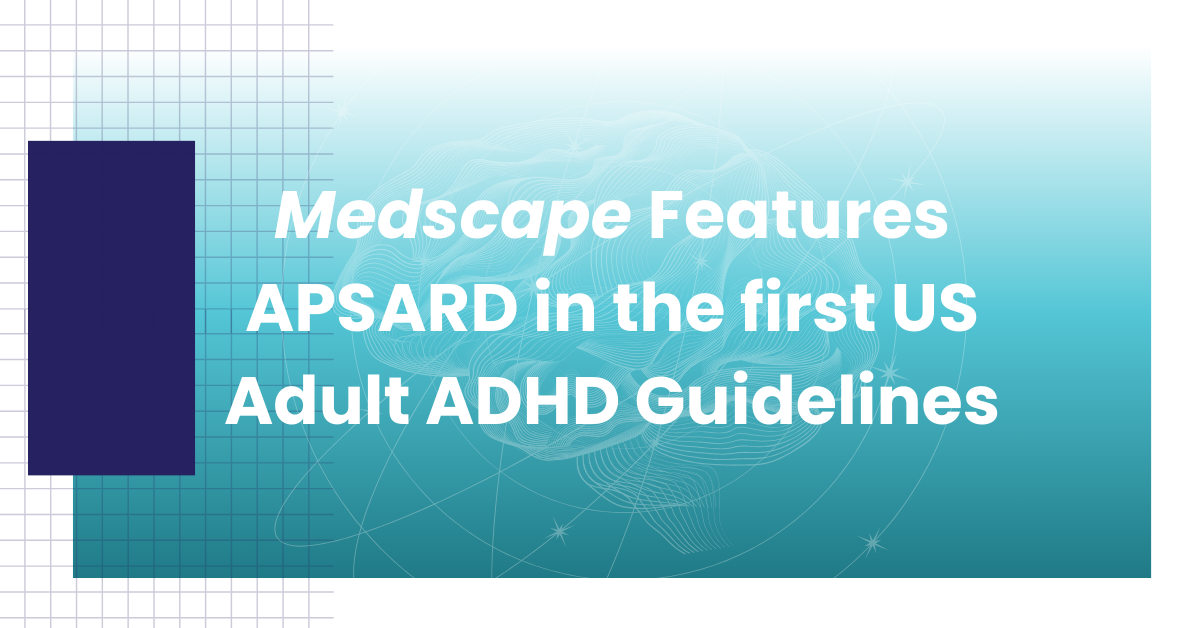
Tanya Froehlich, M.D., M.S.
Associate Professor of Pediatrics
Cincinnati Children’s Hospital Medical Center
Established in 2005, the Center for ADHD at Cincinnati Children’s Hospital Medical Center (CCHMC) is composed of a multi-disciplinary team of investigators across several divisions including Behavioral Medicine and Clinical Psychology, Developmental and Behavioral Pediatrics, and General and Community Pediatrics. Our Center is one of the largest centers in the country devoted entirely to improving the care of children and adolescents with ADHD. The Center is actively involved in providing state-of-the-art, evidence-based assessment and treatment services for children and adolescents with ADHD, as well as working with community-based organizations to improve care for children with ADHD. Clinical services offered by our Center include comprehensive evaluations and consultation for children and teens, parent group interventions for preschool and school-aged children, academic skills group programs for adolescents in grades 6-10, and frustration management groups for children aged 8 to 11 years old. We also offer a 7-week Summer Treatment Program (STP) for children aged 7-12 years of age. The Center serves over 400 patients per year across these clinical services.
In addition to our clinical services, our Center has eleven current research projects federally-funded by the National Institutes of Health (NIH), the Institute of Education Sciences (IES), and Agency for Healthcare Research and Quality (AHRQ). This research focuses primarily on developing new and innovative ways to understand, evaluate and treat ADHD. Examples of the exciting research at the Center for ADHD include: a) an NIH-funded randomized, double–blind, placebo-controlled trial designed to study the neurobehavioral effects of methylphenidate (MPH) treatment; b) an NIH-funded randomized clinical trial examining the effectiveness of a driving intervention to address ADHD-related driving impairment in ADHD teens; c) an IES-funded study examining the impact of sleep problems on the academic and social functioning of adolescents with and without ADHD across the transition from middle to high school; d) an AHRQ-funded randomized clinical trial testing the effectiveness of an online behavioral intervention for elementary-school aged children with ADHD; e) IES- and NIH-funded studies evaluating academic, socioemotional, and neuropsychological-related impairments experienced by children with sluggish cognitive tempo; f) an NIH-funded study to develop intervention strategies to address medication adherence in teens with ADHD; g) an NIH-funded study that will adapt an academic-focused executive functioning intervention with demonstrated effectiveness in young adolescents with ADHD for middle school students with high-functioning autism; h) an NIH-funded study to determine genetic predictors of methylphenidate response.
Our Center has also developed and tested Internet-based software (mehealth for ADHD) to improve the quality of ADHD care of community-based pediatricians nationwide. This software a) facilitates online collection of parent and teacher rating scales, b) promotes parent-teacher-pediatrician communication, c) provides feedback to pediatricians regarding their provision of quality ADHD care, and d) gives access to quality improvement tools. Two clinical trials have demonstrated that use of the software dramatically improves evidence-based ADHD care among community-based pediatricians and significantly improves the treatment outcomes of children treated by pediatricians using the software. Our Center for ADHD currently supports the software which is used by approximately 600 pediatricians nationwide.

